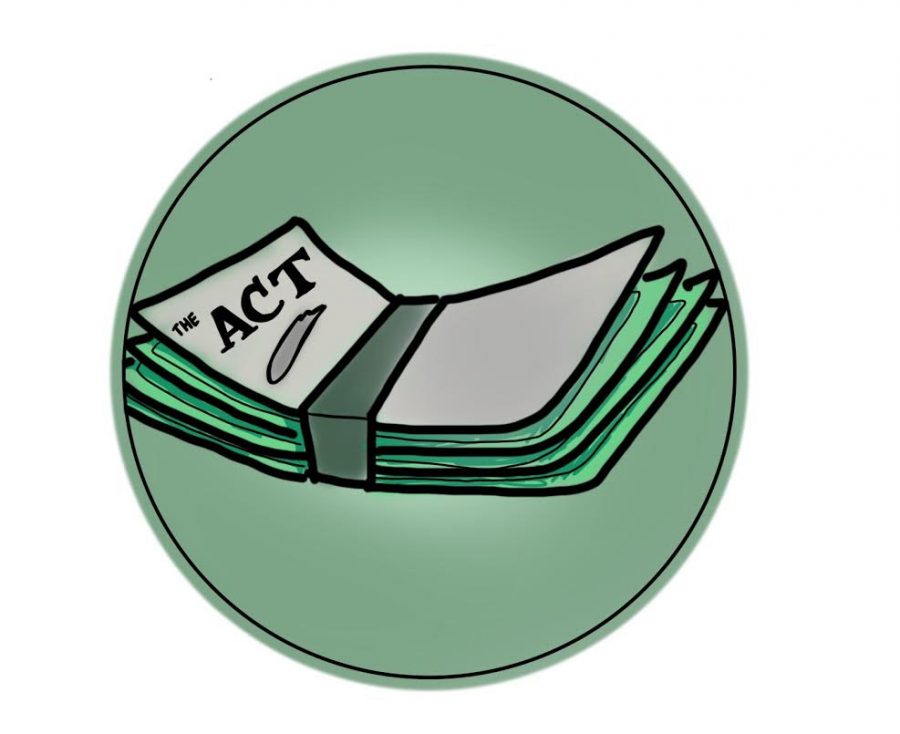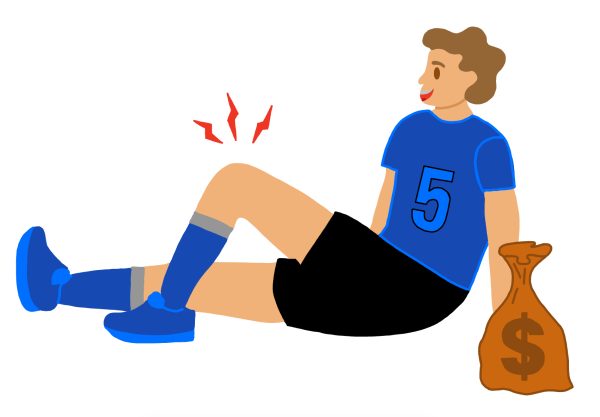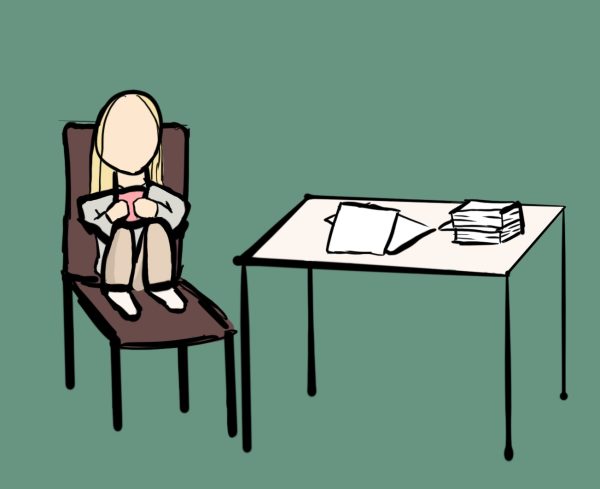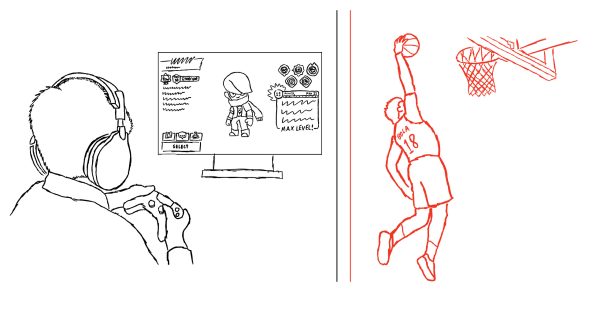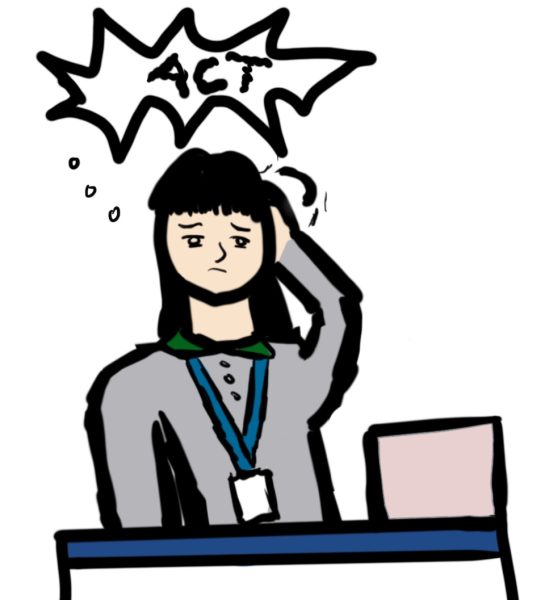ACT costs rising faster than scores
Are we testing students’ ability…or just their nerves?
The ACT has turned standardized tests into a big bucks business.
It is amazing how the three letters of ‘ACT’ will bring about anxiety and nervousness in most juniors that hope to do well. Nearly every student will take the ACT or SAT in their junior and senior years. Because of every student having to take these standardized tests, it creates a massive market as seen in the rise of standardized test prep classes. At this point, test prep classes and the test itself have become extremely commercialized, resulting in student stress, anxiety and competition between others. Imagine packing all 4 years of your academic and life experience into one test that supposedly measures your benchmark of achievement. Then, imagine this test you took in one snapshot of your life being sent out to every college in the nation and determining your future.
Unfortunately, this is not an imaginative scenario; this is the harsh reality of the ACT. Standardized testing does not measure a person’s knowledge; it tests his or her ability to conform and perform at beck and call. The ACT is an immense source of stress for students and teachers alike that can impact both the self-esteem and the wallet. This stress can cause students to spend more money. According to the New York Times, students spend $500 to $1000 preparing for the ACT on average.
It is not only ridiculous that people are willing to pay that much money to achieve better test scores, but it is also the only choice to stay competitive. It is preferable to many to cough up the extra money to go to the school that they desire, rather than save the money and rely on themselves. The competitiveness forces people to pay the extra money, making test scores go up and punishing those that do not take the prep classes. The ACT is over-commercialized and overused. People should not be judged on their intelligence by a four hour test.



